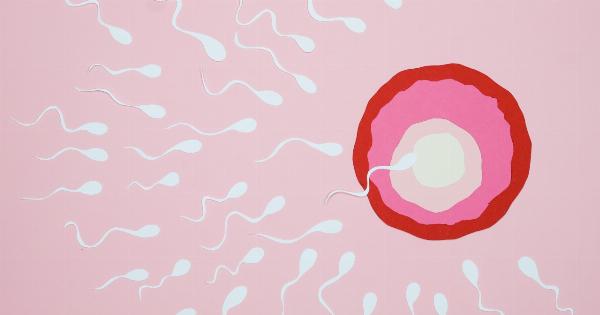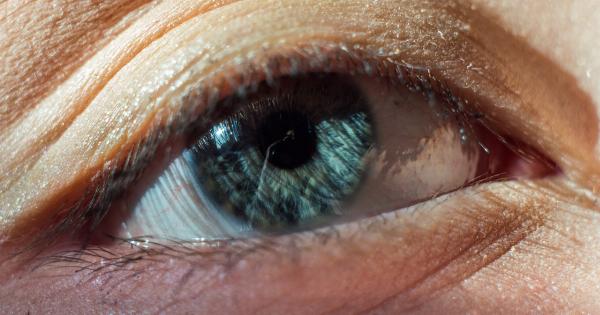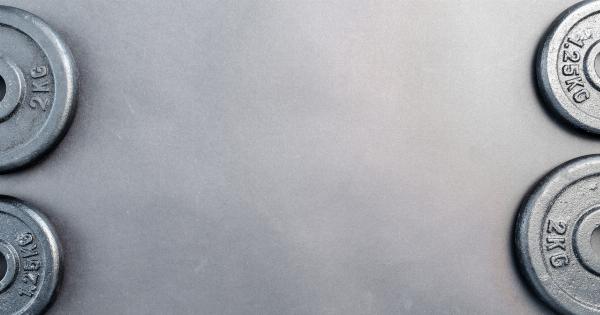Many individuals and couples needing reproductive assistance turn to sperm donors for the chance to start or expand their families. However, not all men are eligible to become sperm donors.
In fact, it is estimated that only 4% of all men who apply to donate actually meet the necessary qualifications.
What Are the Qualifications for Sperm Donation?
The qualifications for sperm donation vary depending on the sperm bank, fertility clinic, or reproductive health organization. However, there are standard qualifications that most sperm donors must meet before they can donate their sperm.
Here are some common qualifications:.
Age
Most sperm banks and fertility clinics require donors to be between the ages of 18 and 39. This is because sperm quality tends to decrease as men age, and older sperm may have a higher risk of genetic abnormalities.
Some sperm banks may accept donors up to the age of 45, but this is less common.
Health
Sperm donors must be in good physical and mental health. This means they cannot have any serious medical conditions, such as HIV, hepatitis, or genetic disorders that can be passed on to offspring.
Donors must also be free of sexually transmitted infections (STIs) and have healthy sperm.
Lifestyle
Donors must lead a healthy lifestyle, which includes avoiding drugs, alcohol, and tobacco. They should also have a healthy diet and exercise regularly.
Additionally, sperm banks may also require donors to abstain from sexual activities for a certain amount of time before donating sperm.
Educational and Personal Background
Sperm banks may require donors to have a certain level of education, such as a college degree. They may also look at a donor’s personal background, including their family medical history and any history of mental illness in their family.
Physical Characteristics
Many sperm banks and fertility clinics allow patients to choose donors based on physical characteristics, such as height, weight, eye color, and hair color.
Donors must provide this information, as well as photos of themselves as children and as adults.
Why Do So Few Men Qualify as Sperm Donors?
The strict qualifications for sperm donation mean that many men are ineligible to donate their sperm. In addition, the donation process can be time-consuming and require multiple visits to the sperm bank or fertility clinic.
For some men, the thought of having their genetic material used to create offspring who they may never meet can also be a deterrent.
Another reason why so few men qualify as sperm donors is due to the rigorous screening process. Sperm banks and fertility clinics need to ensure that the sperm they use is healthy and free from genetic abnormalities, STIs, and other health issues.
This requires extensive testing, which can be costly and time-consuming.
How Can You Become a Sperm Donor?
If you are interested in becoming a sperm donor, the first step is to check with your local sperm bank or fertility clinic to see if they are accepting donors.
You will need to fill out an application and provide information about your health, lifestyle, and personal background.
Once you have been screened and approved as a donor, you will be asked to provide sperm samples on a regular basis. The samples will be tested for quality and health, and may be frozen for future use.
While the process of becoming a sperm donor can be rigorous and time-consuming, it can also be a rewarding way to help others start a family.
Conclusion
The qualifications for sperm donation are strict, and only 4% of men who apply to donate actually meet the necessary requirements.
However, for those who do qualify, becoming a sperm donor can be a way to help individuals and couples start or expand their families.































